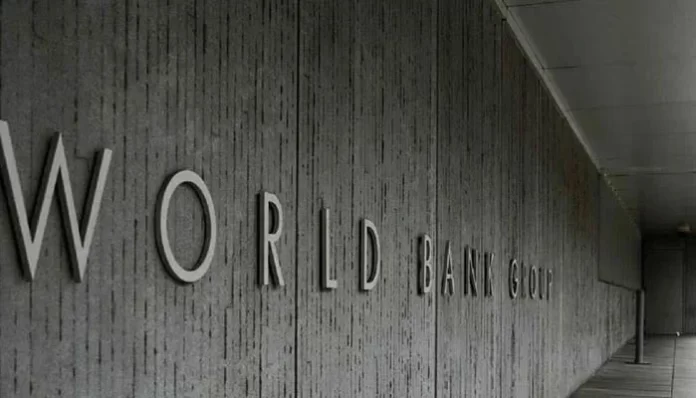The World Bank has withdrawn its claim that anyone earning less than Rs. 50,000 per month should be taxed.
In Pakistan, the salaried class paid more taxes in the last three months than the nation’s wealthiest exporters and real estate sector combined, according to a story in Tribune citing new data.
For comparison, the taxes paid by Pakistan’s salaried population over the time period was Rs. 71 billion, which is Rs. 6 billion more than the taxes paid by the exporters and the real estate industry. Even if exporters and the real estate sector have much bigger incomes, the salaried class nevertheless contributes more.
According to the World Bank’s clarification, their recommendation to raise taxes on people making less than Rs. 50,000 per month was based on 2019 data that needs to be updated.
According to a WB representative, “The World Bank definitely does not recommend any reduction in the current nominal threshold, and how it was framed above may have in fact been misleading.”
“A revised income tax system might include a lower exemption threshold for salaried individuals,” the statement said, “based on prior analyses employed in the Public Expenditure Review utilising 2019 data. To make sure that low earnings are not damaged, this study would need to be revised to account for recent inflation and labour market changes.
The Bank acknowledged its errors and stated that “the Pakistan Development Update recommendation should have been clearer on the need for new analysis needed on more recent data to inform this reform.”
It went on to say that any necessary adjustments to tax thresholds should be evaluated in light of fresh survey results and created to safeguard those with low earnings.






